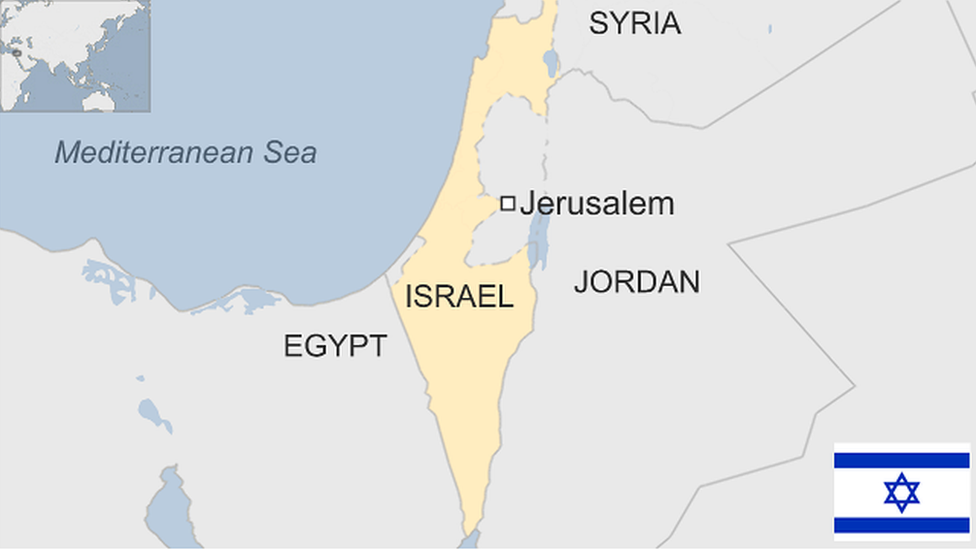ISRAEL is a mistake carried to perfection. It was perfectly understandable in the context of the end of World War II why establishing a Jewish state seemed a good idea.
Centuries of anti-Semitism had culminated in the Holocaust. With raw memories of Jewish refugees from Nazi Germany being turned away and sent back to certain death, a safe haven for being Jewish was an extremely attractive idea.
It was such an attractive idea that Zionists were prepared to fight for it, including terrorism targeting the British who controlled the territory at the time. The British, war-weary after six hard years of fighting, capitulated without ensuring that all occupants of the land supported the establishment of the new state.
The process, according to UN General Assembly Resolution 181 of 1947, was meant to conclude by 1 August 1948; the British withdrew on 15 May 1948, leaving the two sides to slug it out. The UN resolution was passed against objections by Arab countries, with the support of the Soviet Union and most Western countries.
The timelines and processes it outlined were unrealistic without active support by all sides. The Zionists had won their country based on a UN resolution that was poorly conceived and not properly implemented, setting the scene for decades of conflict.
From their point of view, they had reversed the position where being Jewish made you helpless against genocidal racism. But was creating a Jewish state in Palestine really such an obvious choice? Was iproperly thought through? In the words of American writer Isaac Asimov: “I remember how it was in 1948 when Israel was being established and all my Jewish friends were ecstatic, I was not.
I said: what are we doing? We are establishing ourselves in a ghetto, in a small corner of a vast Muslim Sea. The Muslims will never forget nor forgive, and Israel, as long as it exists, will be embattled. “I was laughed at, but I was right.
I can’t help but feel that the Jews didn’t really have the right to appropriate a territory only because 2 000 years ago, people they consider their ancestors, were living there. History moves on and you can’t really turn it back.”
Was Asimov wrong? Events today strongly support his view. The biggest argument against Hamas is that what they are doing is “terrorism”. I have seen claims that the deaths are the highest number of Jews killed since the Holocaust. At time of writing, that is far from true — Jewish casualties in the 1947 to 1949 war of independence were far higher and I very much hope that, in the current conflict, neither side sets new records.
What this sort of rhetoric illustrates is how deep the memory of the Holocaust still is — as it should be. But it cannot be used as an excuse for perpetrating injustice. We can argue about whether Hamas is using an acceptable strategy but the key issue is why it has risen to prominence.
Israeli Finance Minister Bezalel Smotrich, a self-described homophobe and fascist, does not believe in the possibility of a two-state solution. His plan has been laid out in detail and it looks remarkably like apartheid without the pretence of “independence” in “homelands”.
In essence, Palestinians can accept second-class citizenship in Israel or leave. If they reject these options, they will face the military might of the state. None of this is the official policy of the Israeli government. Yet. But de facto, it is not far off from what is happening.
Occupied territories are being colonised with settlements that have official sanction. Palestin[1]ian residents of these territories have no right to vote in the Israeli parliament, unlike the Israeli residents. If annexation of these territories follows, will they be given the right to vote? In the face of such an attitude, it is difficult to argue for reasonableness from the other side. Life under occupation has be[1]come increasingly hard.
There is a growing number of incidents of armed settlers attacking Palestinlans, while the government turns a blind eye. Anyone familiar with Jewish history should know what such state-sanctioned rioting against a religion-defined ethnic group is called — it is a pogrom.
The sad thing is that the state of Israel has led Zionism increasingly to channelling the Jewish people’s worst enemies. How can it be acceptable that a senior minister in the Israeli cabinet is happy to be thought a fascist, when you consider how fascism aligned with Nazism?
How can it be acceptable for a Jewish state to normalise anti-Arab pogroms? How can it be acceptable for a state that prides itself on democratic values to reduce a segment of its population to second-class citizens without full voting rights? —M&G

